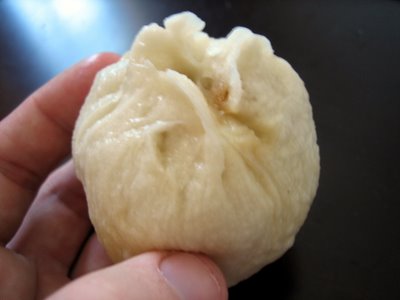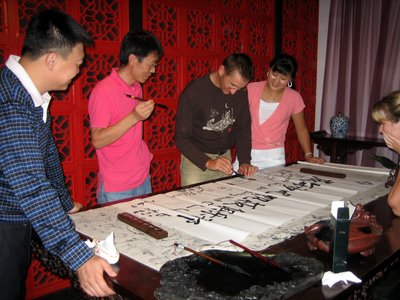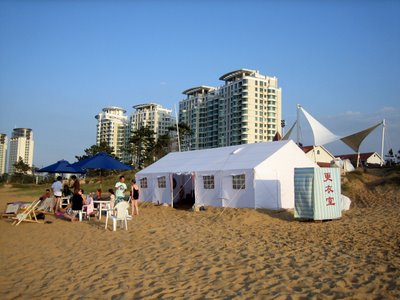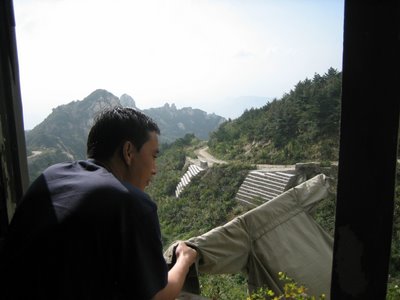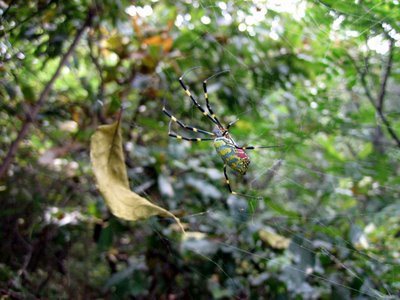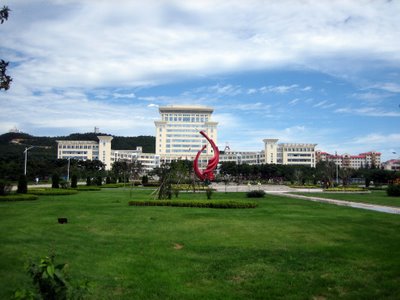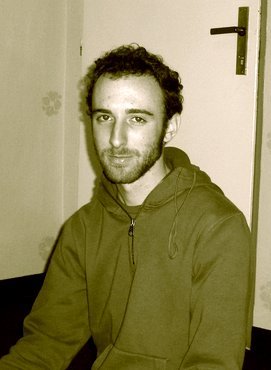Expectations
I feel quite strongly about the issue of fair wages in America, and specifically, I support the growing living wage movement. With the recent debate in Chicago over an ordinance requiring "big-box retailers" such as Wal-Mart, who make billions each year but pay their employees poverty wages and put an added burden on already-stretched tax payers, to offer their employees a living wage, I thought it would be the perfect opportunity to have my students write about fairness in the workplace. This issue is also of great importance to China, as many of the goods produced cheaply here are sold directly to American consumers in stores such as Wal-Mart. If Wal-Mart raised its employees' wages, and if they didn't import goods made for next to nothing in China, then perhaps the living standards of both countries could be raised.
After giving the students a bit of background history about business in America and about current issues, such as minimum and living wages, I gave them a topic for an essay: Should companies as wealthy as Wal-Mart be allowed to pay their employees minimum wages, even if this means the government must shoulder the extra burden required to supplement their meager incomes (i.e. provide Medicaid, food stamps, etc.)? You may be thinking that the question was a little tilted, but framing a question this way is necessary in China in order to get the students to think about alternatives and other points of view. Otherwise, my students probably would have approached the topic more from strictly from a purely objective, legal perspective, and not thought about the real effects of such a law, whatever they may be.
Living in China, with its emphasis on social support, at least informally if not mandated by the government, I expected my students to declare that of course, all companies should pay their employees enough to survive on more than bread and porridge each day! I was surprised when about half of my essays came back with the same arguments that I would have heard in America: the uneducated would lose their jobs due to increased competition from people more highly-educated; the overall unemployment rate would rise; business growth would slow down; productivity would decline; and inflation would skyrocket. I don't want to get into the argument of living wages here, but rest assured that these feared consequences have not been observed in places that have implemented living wages; rather, in most cases they have actually spurred business growth. Anyhow, I point this out only to show that China is changing, and changing quite rapidly. Who knows what China will look like in a few decades.
OK, that's all for now. I'm off to Beijing tomorrow for the National Holiday. Be back in about five days, with stories I'm sure.

